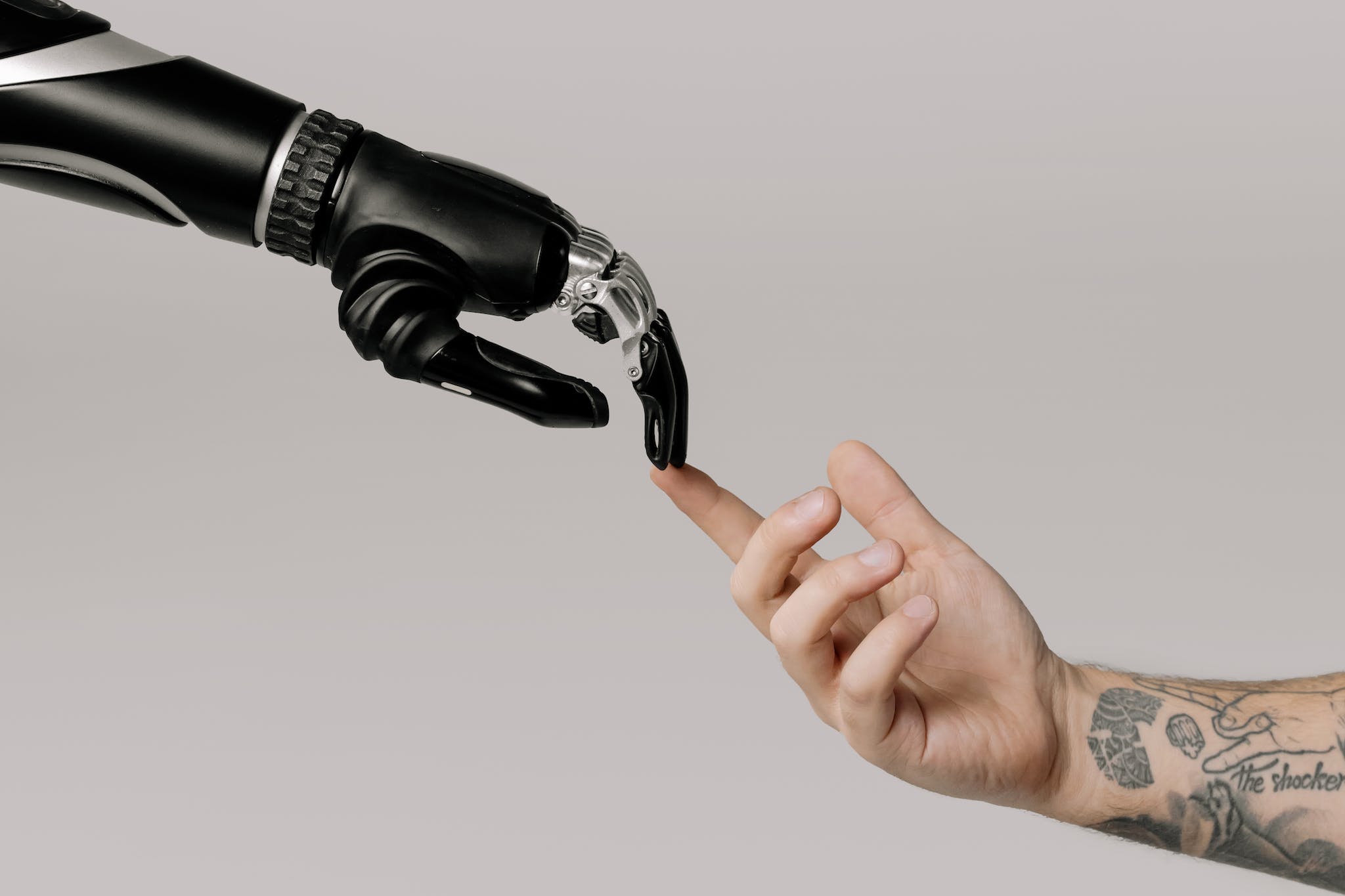
Demystifying Artificial Intelligence: A Beginner’s Guide to AI
Artificial intelligence (AI) has become a ubiquitous term, often used in headlines and conversations, yet its true meaning and implications remain elusive to many. This blog post aims to demystify AI by providing a comprehensive overview of its fundamental concepts, applications, and potential impact on society.
What is Artificial Intelligence?
At its core, AI refers to the simulation of human intelligence in machines. This involves imbuing machines with the ability to learn, reason, and make decisions, mimicking the capabilities that we associate with human intellect. AI encompasses a wide range of technologies, including machine learning, natural language processing, computer vision, and robotics.
Key Concepts in Artificial Intelligence
- Machine Learning: A subfield of AI that focuses on enabling machines to learn from data without being explicitly programmed. Machine learning algorithms can identify patterns, make predictions, and adapt to new information.
- Natural Language Processing (NLP): The ability of machines to understand and process human language. NLP enables machines to interpret text, translate languages, and generate human-like language.
- Computer Vision: The ability of machines to perceive and interpret visual information. Computer vision enables machines to recognize objects, identify patterns, and understand scenes.
- Robotics: The field of engineering that deals with the design, construction, operation, and application of robots. Robots are machines that can perform tasks autonomously or semi-autonomously.
Applications of Artificial Intelligence
AI has permeated various industries and aspects of our lives, with applications ranging from healthcare and finance to transportation and entertainment. Here are a few examples:
- Self-driving cars: AI-powered algorithms are enabling autonomous vehicles to navigate roads and avoid obstacles, revolutionizing transportation.
- Medical diagnosis: AI-driven systems are assisting doctors in analyzing medical images, identifying diseases, and recommending treatments.
- Fraud detection: AI is being used to analyze financial transactions and patterns to identify fraudulent activities.
- Customer service: AI chatbots are interacting with customers, providing support, and resolving issues.
- Content creation: AI is generating creative content, such as writing articles, composing music, and designing images.
Ethical Implications of Artificial Intelligence
The rapid advancement of AI raises important ethical concerns, including:
- Job displacement: AI automation could lead to the loss of jobs in certain industries, necessitating retraining and reskilling efforts.
- Bias and discrimination: AI systems can perpetuate and amplify biases present in the data they are trained on, leading to unfair outcomes.
- Privacy and surveillance: AI-powered surveillance systems raise concerns about individual privacy and potential misuse of data.
- Responsibility and accountability: Who is responsible for the actions of AI systems, and who is accountable for any harm they cause?
Navigating the Future of Artificial Intelligence
As AI continues to evolve, it’s crucial to address the ethical challenges and ensure its responsible development and utilization. This involves:
- Open dialogue and public engagement: Open discussions and public participation are essential to shape the ethical guidelines and principles governing AI development.
- Diversity and inclusion in AI development: A diverse and inclusive AI workforce can help identify and mitigate biases in AI systems.
- Transparency and accountability: AI systems should be transparent in their decision-making processes, and there should be mechanisms for accountability in case of errors or harm.
In conclusion, AI is a powerful technology with the potential to transform our world for the better. However, it’s crucial to approach AI with a sense of responsibility and ethical awareness, ensuring that it benefits society and respects human values. As we navigate the future of AI, we must engage in open dialogue, promote diversity and inclusion, and uphold transparency and accountability to ensure that AI is harnessed for the common good.



